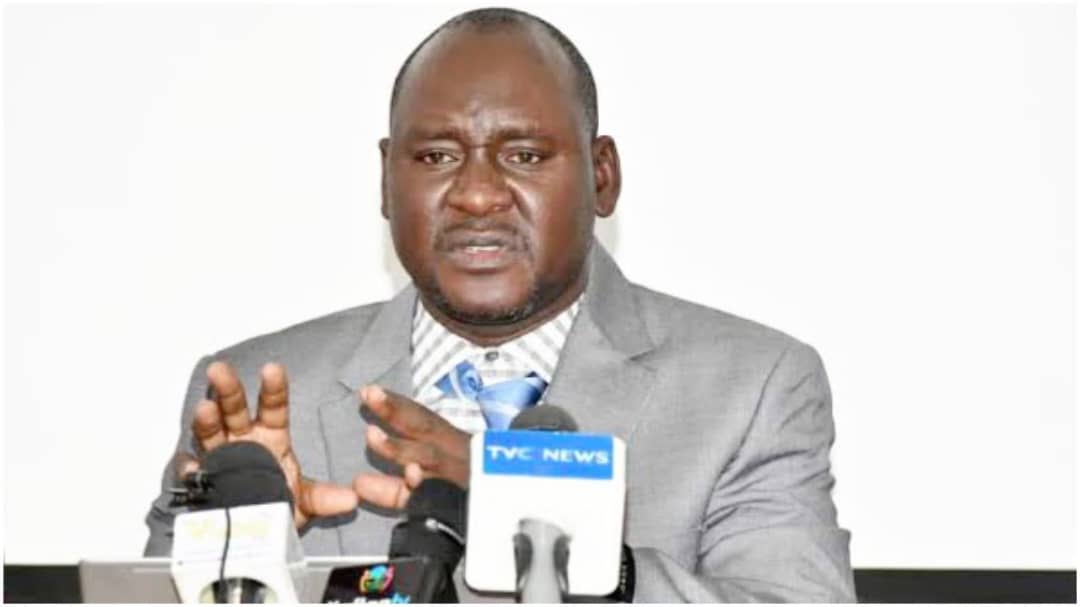From Abdullahi Alhassan, Kaduna
The Civil Society Legislative Advocacy Centre (CISLAC)/Transparency International in Nigeria held a National Seminar on Targeted Electoral Reforms and Enhanced Judicial Integrity in Post-election Litigation.
In a communique signed and issued to newsmen by the Executive Director of the Centre Mallam Ibrahim Musa Rafsanjani.
read in part “In recent times, Nigeria’s electoral integrity has been compromised, considering the fast-eroding independence and professional ethics by judicial institutions through Tribunal judgments.
“The Law Court has continued to play critical role in the determination of political leadership through post-election litigations, hence the need to refocus attention on the role of judiciary in electoral tribunal judgment.
The Communique further explained that “Despite various legal reforms preceding the 2023 general and off-cycle elections,the conduct and outcomes of the elections have questioned the direction of Nigeria’s democracy.
“The growing military coup and political instability across West Africa are not unconnected to the effect of electoral fraud,vote rigging, vote-trading as well as judicial distrust.
“The emerging judiciary attempts to truncate the victory of Nigerian voters constitutes a serious threat to democratic order, electoral governance and public trust.
It maintained that “Relentless effort and determination by unpatriotic political group to sabotage electoral integrity has left devastating effects on citizens’ trust in Electoral Body and the judiciary.
The Communique enumerate “Electoral reform remains critical to uphold and consolidate democracy and deepen citizens’ participation in Nigeria.
“While Nigeria has made significant improvement in the electoral legal reform, further reform effort must be directed towards institutional, process and procedure strengthening as we as the illicit activities of electoral actors that backpedal reform effort.
“Money politics coupled with unattended party nomination fees and over-commercialisation of electoral process has deprived many decent Nigerians the opportunity to compete favourably in primary elections across political parties, threatening credibility in electoral process.
The Communique further read”Unethical party practices, party politics and poor implementation of party constitution is a major threat efficient operationalization of legal and institution.
“The needless national spread of political parties has necessitated the growing money bag, while discouraging inclusive participation and equal playing field.
“In the context of electoral operations, Residential Electoral Commissioners are bedeviled by centralization of power and decision making (that impacts negatively on procurement process of electoral materials,logistics arrangement); slow recruitment of adhoc staff; delayed response to demands; and rising political pressure.
“Inadequate use of technology backed by lack of supporting legal provisions in electoral process has provided a basis for the growing post-election litigations and judicial truncation of electoral outcomes.
“Lack of legal provision in the Electoral Act to support whistle-blower and public interest litigations before, during and after the elections.
“Electoral misconducts are enabled by partisanship supported by the over-centralised appointment of INEC Chairman and RECs; non-transparent nomination process; lack of political will to implement relevant reforms’ recommendations.
“Electoral violence in forms of persecution and intimidation,constitutes a stumbling block to free, fair and credible elections in Nigeria.
“The emerging judicial corruption through the post-election litigations like the ongoing tribunal activities on kano governorship with scandalous and contradictory double standard court papers has called for adequate reform in Nigeria’s judicial system to make it more transparent,independent and efficient in the delivery of impartial justice through which the citizens’ choices prevail.
“The Law Courts have become the graveyards of electoral mandates with judges not only descending to being common purchasable judicial rogues, but also as juridical coup plotters.
“In recent times, the major preoccupation of pro-democracy activists is no longer how to keep the military from politics and governance but how to save democracy from the judiciary.
“Micro-managing the Law Courts by manipulating the rulings or interpretations of the law that drastically alter the balance of power, primarily to achieve political ends that would not be possible through standard electoral processes has become a serious concern.


